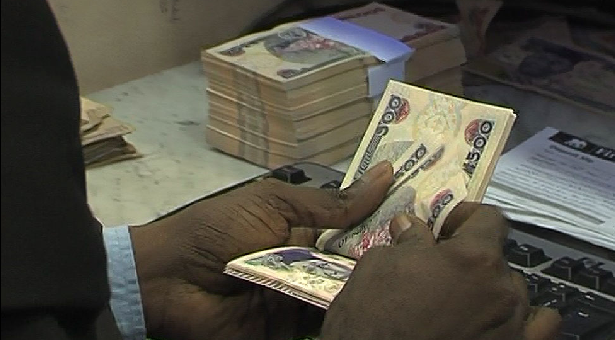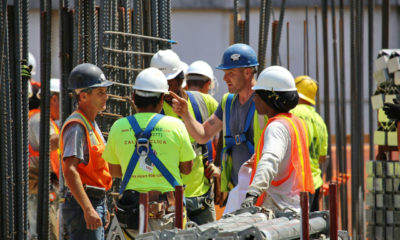Nigeria’s rising borrowing amid low revenue generation continues to drag on the nation’s resources and development as shown by the latest report from the Debt Management Office.
The report showed the Federal Government spent N896.56 billion on debt servicing in the first quarter (Q1) of 2022, representing an increase of 109%.
In 2021, Nigeria spent a whopping N2.93 trillion on debt servicing payments and N3.83 trillion in 15 months. A further breakdown of the report showed between October and December 2021, Africa’s biggest economy spent a total sum of N310.5 billion on domestic debt servicing and $286.35 million or N118.9 billion on external debt servicing, making it a total of N429.4 billion.
However, in the first quarter of 2022, the country spent N668.69 billion on domestic debt servicing alone and another $548.79 million or N227.87 billion on external debt servicing, making it a total of N896.56 billion. External debt servicing was calculated using the central bank’s official exchange rate of N415.22/US$.
This shows that the total amount Nigeria spent on debt servicing jumped 109% from N429 billion recorded in the final quarter of 2021 to N896 billion in March 2022.
In the first three months ended March 2022, Nigeria’s debt stock grew by N2.04 trillion from N39.56 trillion it was by December 2021 to N41.60 trillion.
At a recent event organised by the World Bank in Abuja, Mrs. Zainab Ahmed, the Minister of Finance, Budget and National Planning, said despite revenue increasing, the rising cost of subsiding fuel and other expenses continued to drag on the nation’s ability to service its debt.
She said, “Already we have borrowing increasing significantly and we are struggling with being able to service debt because even though revenue is increasing, the expenditure has been increasing at a much higher rate so it is a very difficult situation.”
In a similar tone, the International Monetary Fund (IMF) had warned that the rising cost of servicing debt in Africa’s largest economy could hit 100% of the nation’s revenue by 2026 if adequate measures are not implemented to improve revenue generation.
Ari Aisen, IMF’s Resident Representative for Nigeria stated this while presenting the Sub-Saharan Africa Regional Economic Outlook report in Abuja.
Aisen said, “The biggest critical aspect for Nigeria is that we have done a macro-fiscal stress test, and what you observe is the interest payments as a share of revenue and as you see us in terms of the baseline from the federal government of Nigeria, the revenue almost 100 percent is projected by 2026 to be taken by debt service.
“So, the fiscal space or the amount of revenues that will be needed and this without considering any shock is that most of the revenues of the federal government are now, in fact, 89 percent and it will continue if nothing is done to be taken by debt service.”

 Forex3 weeks ago
Forex3 weeks ago



 Naira2 weeks ago
Naira2 weeks ago
 Billionaire Watch2 weeks ago
Billionaire Watch2 weeks ago




 Naira2 weeks ago
Naira2 weeks ago




 Naira2 weeks ago
Naira2 weeks ago






 Naira4 weeks ago
Naira4 weeks ago


 Naira1 week ago
Naira1 week ago






 Naira4 weeks ago
Naira4 weeks ago






















